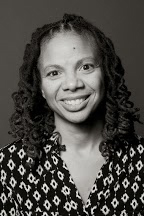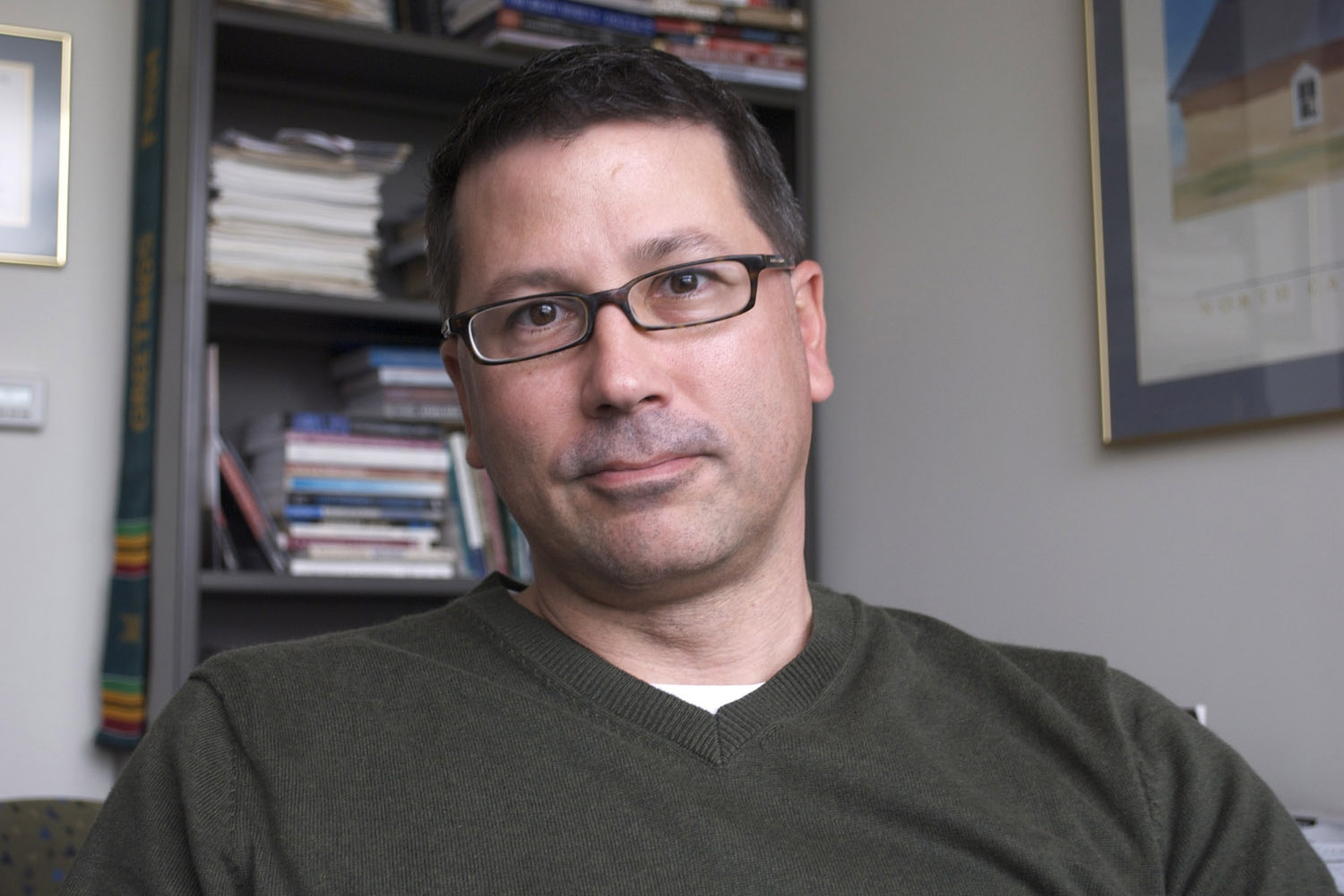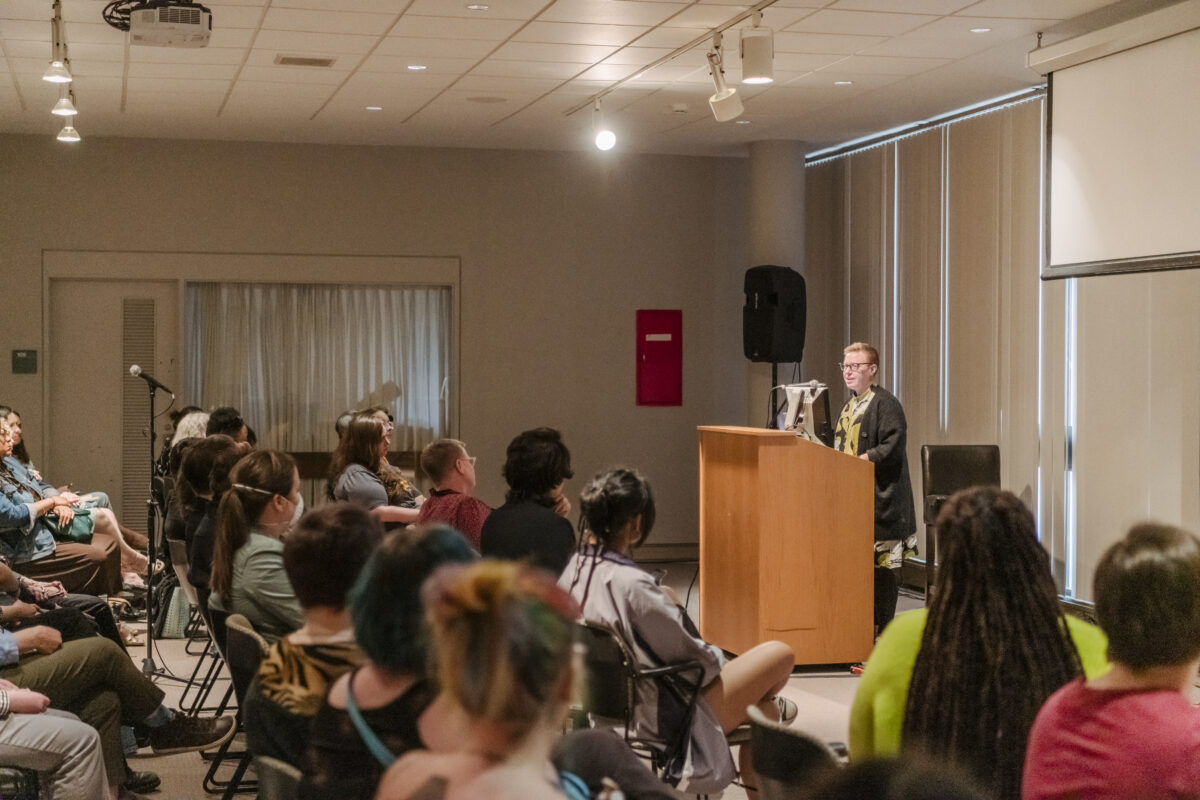In response to recent events that have transpired in Baltimore over the last several days, several UMBC faculty have engaged in thoughtful reflection and dialogue in the news around the complex challenges facing the Baltimore community. The substantive commentaries come from different viewpoints and add various perspectives to the ongoing conversation of the past week’s events.

In The Conversation, School of Public Policy Professor John Rennie Short wrote about three background factors that should be considered when asking why the violence and riots took place in response to the death of one young man: the momentum of the police brutality narrative, the lack of trust between police and minority black populations, and the stifled economic opportunities and limited social mobility of many inner-city residents. “This country needs to address structural issues of poverty and economic opportunity as well as immediate concerns of how we make the streets safer for all our citizens,” Short wrote.

Kate Drabinski, lecturer of gender and women’s studies, wrote about decades of disinvestment in Baltimore and uneven development that have disadvantaged largely low-income communities. “One of the dangers of seeing the riot as an event is precisely this danger of losing historical perspective about the ways the neighborhoods burning on television are the very ones that have been cut off from the growth of the city’s downtown core,” she wrote. Drabinski was also featured in a Bicycling Magazine article about her observations of Monday’s events.

Kimberly Moffitt, an associate professor of American studies, examined Baltimore City Schools and the important element of focusing on the mental health needs and frustrations of many students. “Now we are faced with the next generation of marginalized youth who demand to be heard, even as they are seen as counterproductive by those who continue to ignore their physical, academic, and psychological needs to be successful in an educational setting,” Moffitt explained. She also participated in a roundtable discussion on Southern California Public Radio about her thoughts on this issue.

Rita Turner, a lecturer of American studies, wrote an article for The Conversation that focused on environmental health issues: “Environmental injustice may seem like a secondary issue in the face of massive police brutality, poverty, and civil uprising, and I don’t suggest that it should preempt conversations about other forms of systemic racism. But as we talk about the devaluing of black lives and black bodies that has taken place in Baltimore and across the country and the world, we cannot ignore the ways that this manifests in a subtle and constant disregard for the health of marginalized communities,” she wrote.
In a Baltimore Sun op-ed, Suzanne Lea, an adjunct professor of sociology, wrote about an in-depth study she conducted with her students to examine trends in police deadly force incidents that have occurred in the Baltimore/DC area over the last 25 years. The column outlined five key findings from the research, including the vast majority of incidents occurred early in an officer’s career. “Too often, without a video, police officers are exonerated via internal investigations based on rules that prioritize officers’ accounts. Let’s start collecting the data we need to track and systematically examine such incidents and use it to challenge and improve upon our policing until it fully reflects the integrity of our American ideal of equality under the law,” Lea wrote.
In the Huffington Post, Amy Bhatt, an assistant professor of gender and women’s studies, examined the question “what does it mean to be safe?” In her article, Bhatt discussed her experience living in the Federal Hill neighborhood and provided a closer look at discussions of property, race, and resources in light of recent events. “When we talk about safety, we need to look beyond our neighborhoods and ask how we decide who stays safe and who does not,” she wrote.

In his column in the Baltimore Sun, Thomas Schaller, professor and chair of political science, discussed the impact of inequality on the past week’s events. “Rather, the fact of social protest is prima facie evidence of political disgruntlement, and of an extant imbalance between those who wield power and those subjected to it. When these inequities persist and have no other form of expression, there will be unrest. And in this case, those suffering from Baltimore’s power imbalances are disproportionately black.”

Christopher Corbett, professor of the practice of English, wrote a column in Reuters in which he discussed his observations and experience living in Baltimore for 35 years after moving from Maine. In his article, “Baltimore’s truth in Freddie Gray’s life and death,” Corbett examined the history and current state of many of the city’s neighborhoods in the context of the events of the last several days.
Jana Kopelentova Rehak, a visiting professor of anthropology, recently published an article on her applied anthropology collaborative project in Baltimore in partnership with Habitat for Humanity to address urban inequality, poverty, and health in relation to housing.
To read the complete news coverage, click below:
Baltimore riots: the fire this time and the fire last time and the time between (The Conversation)
Why Baltimore burns for Freddie Gray (Baltimore Sun)
Baltimore’s truth in Freddie Gray’s life and death (Reuters)
Baltimore cyclist catches riots in action (Bicycling Magazine)
Keeping ‘Us’ Safe in Baltimore (Huffington Post)
Freddie Gray: death by legal intervention (Baltimore Sun)
The slow poisoning of Freddie Gray and the hidden violence against black communities (The Conversation)
Baltimore could become key election issue (The Philadelphia Tribune)
Black and young in Baltimore: a roundtable discussion (KPCC Radio)
With little choice, O’Malley defends Baltimore tenure (Washington Post)
Mayor Martin O’Malley Versus Governor Martin O’Malley (Governing)
Riots invoked as lobbying tool (Baltimore Sun)
Media coverage and politics (Midday with Dan Rodricks)
Practicing urban anthropology in Baltimore
Tags: AmericanStudies, CAHSS, English, GWST, PoliticalScience, PublicPolicy, SAPH



